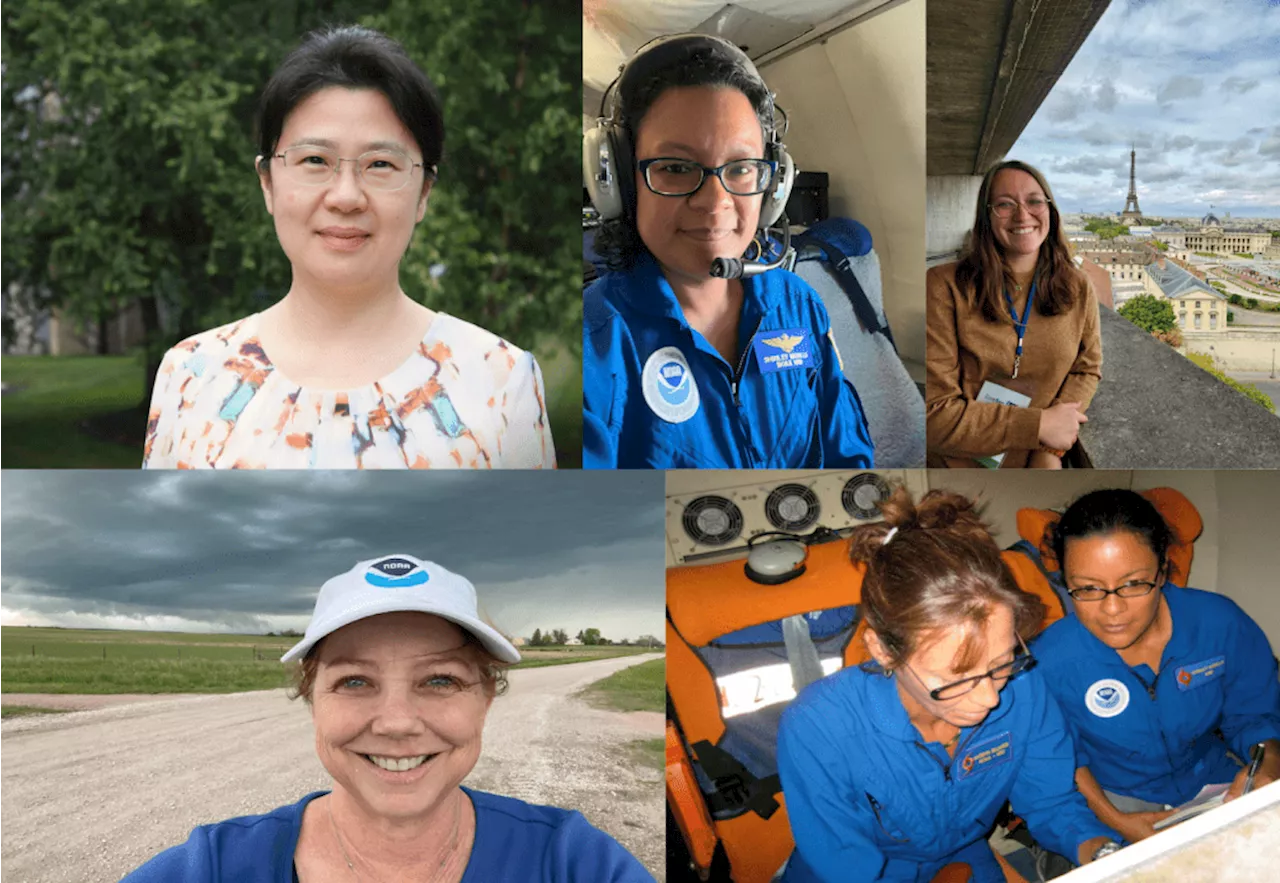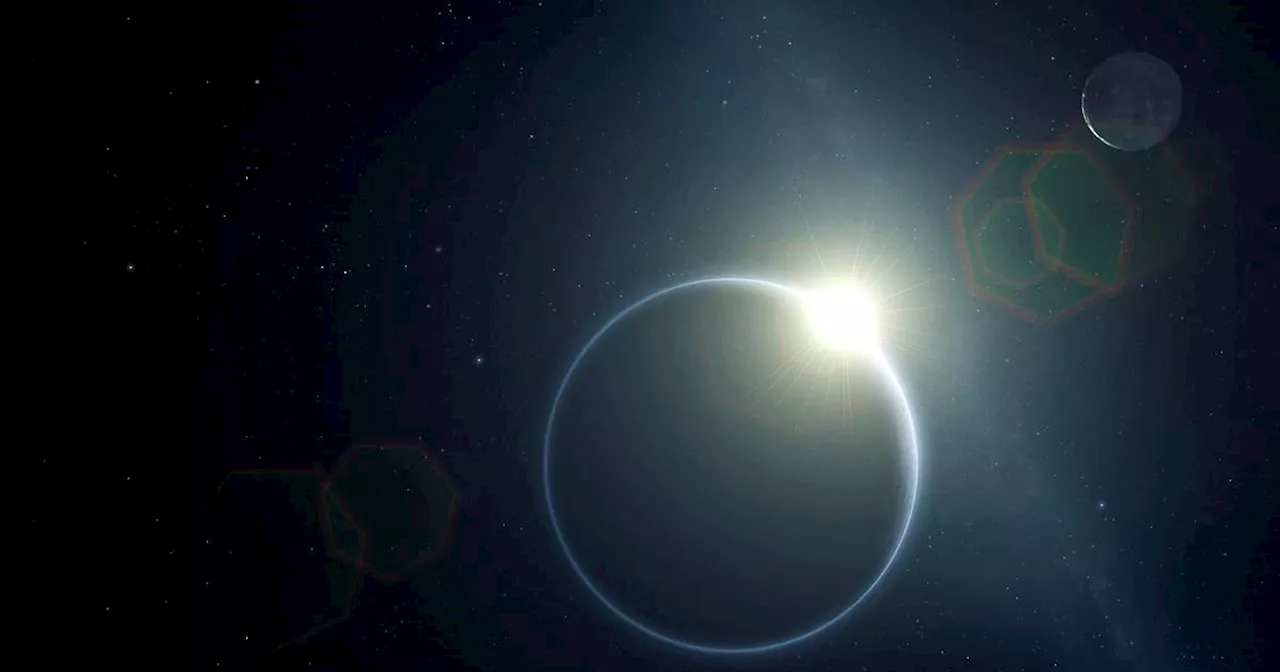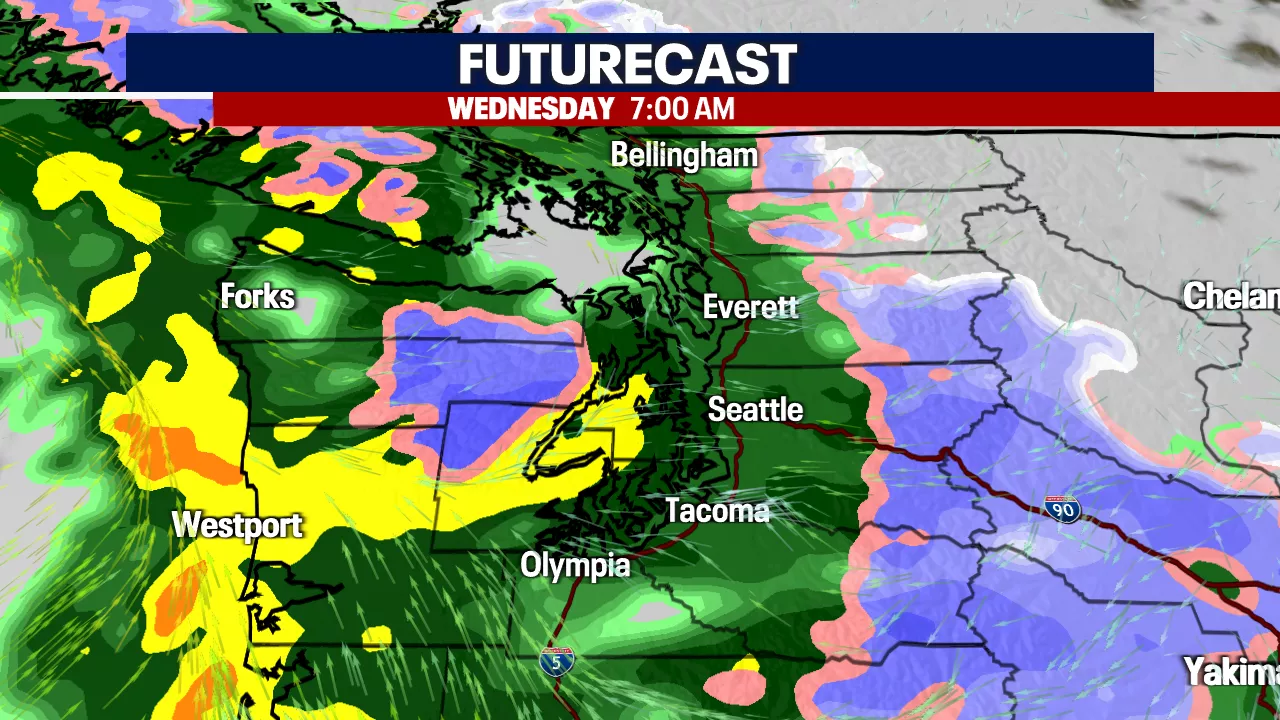How can we make our planet a better place for generations to come through conservation, preservation, and sustainability efforts? Ken Graham, Director of NOAA's National Weather Service, and other NOAA experts weigh in on building a Weather Ready Nation, ocean acoustics, marine sanctuaries, and more.
How can we make our planet a better place for generations to come through conservation, preservation, and sustainability efforts? Ken Graham, Director of NOAA's National Weather Service, and other NOAA experts weigh in on building a Weather Ready Nation, ocean acoustics, marine sanctuaries, and more.SYMONE BARKLEY : Welcome back to Planet NOAA. I’m your host, Symone Barkley.
DILIBERTO: Symone, we’ve definitely come a long way since this catastrophic event. Between April 3rd and 4th of that year, we saw a total of 148 tornadoes touch down in 13 states, leaving a trail of destruction in their wake from the Great Lakes region through the Deep South. This unprecedented outbreak of tornadoes caused many deaths and injuries and incurred hundreds of millions of dollars in damage. Ohio was hit especially hard by the Super Outbreak.
HOST: As an ocean scientist and a shark biologist, I feel like I could use a Shark’s Parlor. If only I had my own lighthouse! ARMOR: So, at its most basic, a national marine sanctuary is a place in the Great Lakes or in the ocean that is set aside by NOAA to conduct cutting-edge research, to learn about our past, to educate communities about the importance of Great Lakes and the ocean, and to conserve both natural and cultural resources for future generations. In my mind, you know, these are places for study, for recreation, even places to recharge our souls, to connect with nature.
ARMOR: We work with local governments, tribal organizations, tribal governments, and other federal agencies to make sure that the natural and cultural resources of that area are preserved for future generations.
HOST: Kim, let's head over to the Office of Protected Resources. How exactly does the Office support conservation efforts for marine species and their habitats? HOST: Kim, we know that NMFS protects over 150 endangered or threatened marine species under the Endangered Species Act. What are some of the factors placing these species at risk?
HOST: I totally agree. You know, when seeing the animals up close, you do kind of build that connection. And I definitely think that that rings true for a lot of people. HOST: Bob, are there particular areas where there might be more sound versus at a different location? Where do you hear the most sound when you're, you know, studying different habitats?
HOST: Now keeping those ocean noise recordings in mind, how can human made ocean noise impact marine organisms and ecosystems, Bob? HOST: Now we're hearing and seeing, you know, on Spotify or on Apple Music, where folks are listening to, rain sounds at night or sounds of the ocean. Have you ever listened to any of the recordings that your team has gathered to help you, like, relax or have you fall asleep?
HOST: I love that. Thank you for sharing that. You know, I had the chance to explore the site and I see a lot about climate resilience. What is climate resilience and how can we all build climate resilience as our planet continues to change? HOST: Okay. Thank you so much. We appreciate you, David, and the work that you all are doing on Climate.gov. HOST: I want to say thank you to all of you for joining us, to chat today. I’d love to make time for any final thoughts from each of you.
HERRING: Yeah. Just thinking generally about science, science is an evidence-based enterprise. So our ability to understand the world and therefore understand cause and effect and the implications of change are really hinged upon having this evidence, this observational evidence, this data basis and so on. Climate.
HOST: Thanks, Tara. As a reminder, you can visit sanctuaries.noaa.gov to find your local marine sanctuary. But, ok – don’t think I’ve forgotten that you said my lighthouse pipe dream was closer than I imagined. Spill!!HOST: NOAA’s National Weather Service, or NWS, provides the weather, water, and climate data & forecasts that our planet relies on to protect ecosystems and lives.
HOST: Ken, you talked a little bit about the new technologies and satellite technology. Are there any plans to implement any AI in this work or are there any new radar systems that you can discuss with us? HOST: Well, Ken, you know, the Weather Service has touched millions of lives through their lifesaving forecasts and warnings, as you've even shared here in the stories that you've discussed with us. As you look ahead to the next few years, what are some challenges and opportunities that you see for NWS in terms of climate adaptation and resilience?
Indonesia Berita Terbaru, Indonesia Berita utama
Similar News:Anda juga dapat membaca berita serupa dengan ini yang kami kumpulkan dari sumber berita lain.
 NOAA CSL: 2024 News & Events: CCould drying the stratosphere help cool the planet?NOAA CSL 2024 News & Events: Archives of news, features, highlights, meetings, events, workshops, symposiums
NOAA CSL: 2024 News & Events: CCould drying the stratosphere help cool the planet?NOAA CSL 2024 News & Events: Archives of news, features, highlights, meetings, events, workshops, symposiums
Baca lebih lajut »
 Meet the women advancing NOAA’s severe weather researchOceanic and Atmospheric Research (OAR) - or NOAA Research - provides the research foundation for understanding the complex systems that support our planet.
Meet the women advancing NOAA’s severe weather researchOceanic and Atmospheric Research (OAR) - or NOAA Research - provides the research foundation for understanding the complex systems that support our planet.
Baca lebih lajut »
NASA, SpaceX Target New Launch Date for NOAA Weather SatelliteNASA and SpaceX now are targeting Tuesday, June 25, for the launch of GOES-U, the fourth and final satellite in the NOAA's GOES – R Series.
Baca lebih lajut »
 Arizona names Pluto as its official state planet – except it's technically not a planet'We in Arizona haven't forgotten about you, Pluto,' the state representative who introduced the bill said.
Arizona names Pluto as its official state planet – except it's technically not a planet'We in Arizona haven't forgotten about you, Pluto,' the state representative who introduced the bill said.
Baca lebih lajut »
World’s Largest Iceberg Wanders the Weddell SeaNOAA’s JPSS polar-orbiting satellites, NOAA-20, NOAA-21, Suomi-NPP, watched iceberg A23a spend the month of February drifting around the Weddell Sea.
Baca lebih lajut »
 Seattle weather: Stormy weather ahead for WednesdayTuesday will bring scattered showers, clouds, and sunshine to Western Washington, with stormier weather set to hit early Wednesday morning.
Seattle weather: Stormy weather ahead for WednesdayTuesday will bring scattered showers, clouds, and sunshine to Western Washington, with stormier weather set to hit early Wednesday morning.
Baca lebih lajut »
